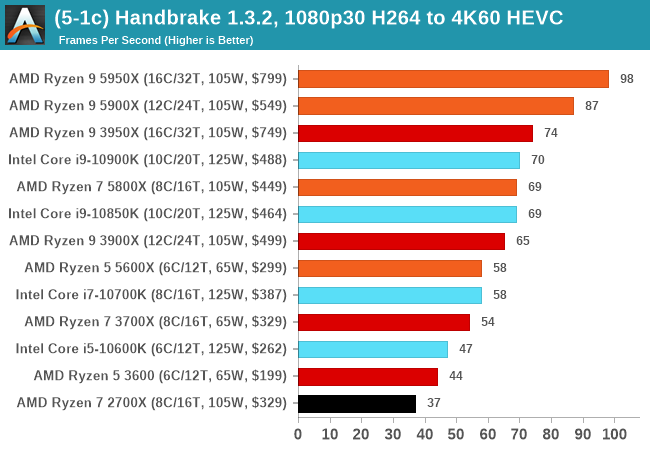That’s assuming you can still buy those cards. I think with the pricing of last gen cards you are no better off buying new. Better resale value etc.As I understand it though, the ampere cards have essentially the same nvenc engine setup as the previous turing series - you may as well get a turing card ... and they are the same setup across the whole family ... so a 2060 will have the same nvenc processing unit as a 2080ti (for the nvenc part only that is. )
intel’s quick sync is fast but it’s quality is just not there. I doubt things would have improved that much even in 11th gen. I don’t think that’s intel’s design priority. They package these features into their processors to tick boxes as opposed to really offer something tangible.


